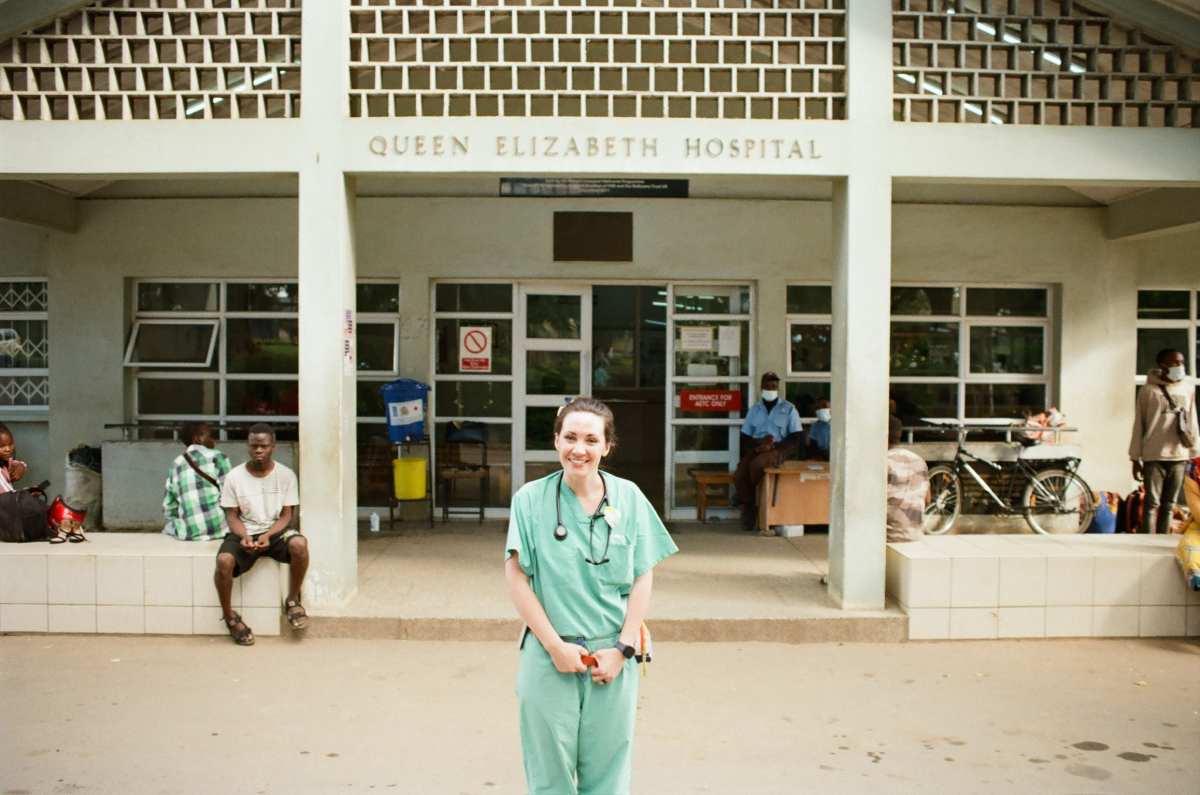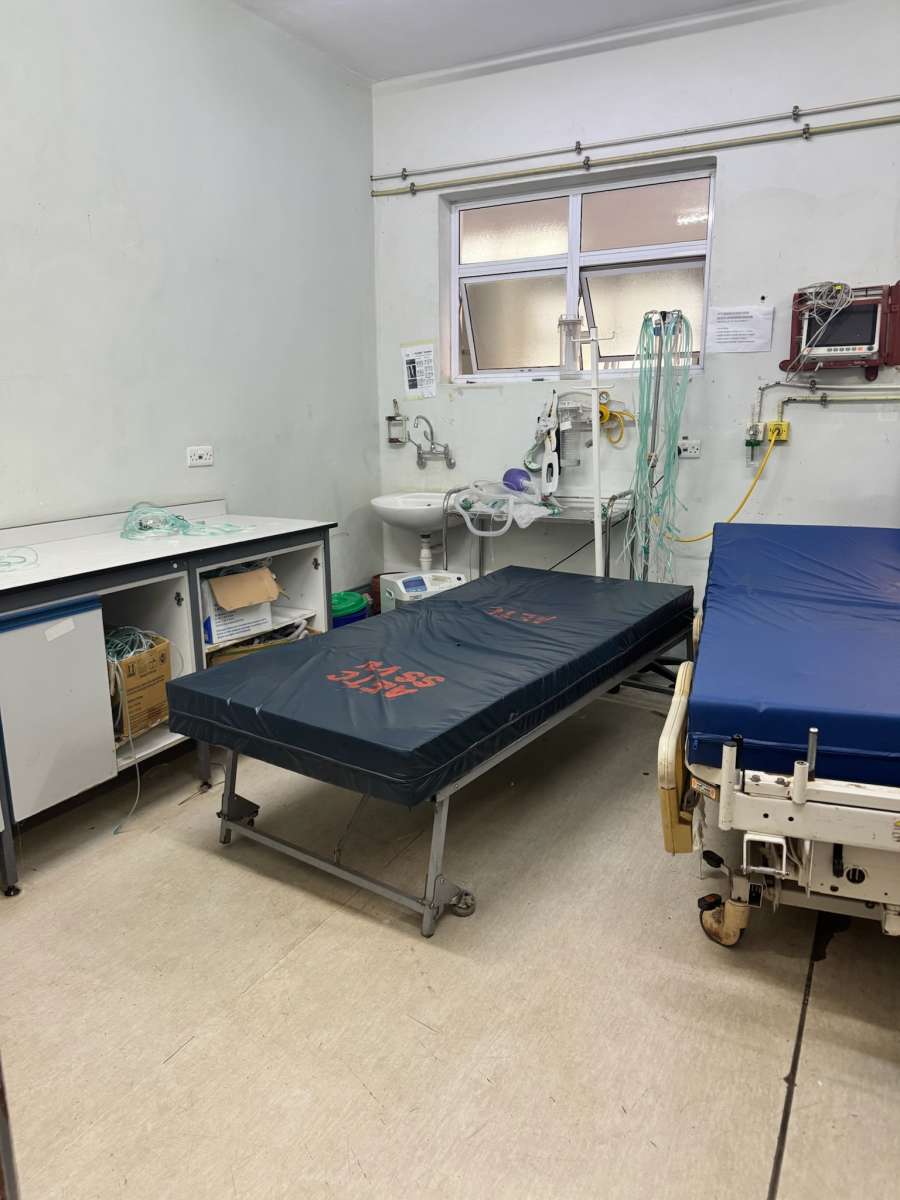Majority of the Malawi population lives in rural areas, making access to care limited. Queen Elizabeth Central Hospital, one of four central hospitals in Malawi capable of providing the highest level of care, frequently receives trauma patients as transfers from outside facilities, emphasizing the need for a strong emergency care response.
While in Malawi, I will work within the EMS and hospital system to provide trauma care, specifically teaching ATLS (Advanced Trauma Life Support) methods. I plan to emphasize the use of ultrasound, specifically its use for FAST exams and for bedside procedures, such as chest tubes, vasculature access, or nerve blocks. The goal will be to provide ultrasound training in a low-income country which allows for quick, easy, and accurate triaging and assessment in their trauma population and, thereby, allowing for quick interventions so to decrease morbidity and mortality associated with these events.
In a population of 20.9 million, Malawi has one of the highest road traffic mortality per 100,000 residents of any country in the world. Traumatic injuries often result from minibuses or flatbed trucks involved in transportation accidents, usually filled with more than 15 people due to the cheap transportation it provides. Often, these accidents cause mass casualty events. The associated mortality and disability resulting from traffic collisions and other traumatic injuries directly impacts the socioeconomic progress of the country.
Prisma Health - Midlands has partnered with Kamuzu University of Health Sciences (KUHeS) in Blantyre, Malawi since 2019 with the goal of improving emergency care. Queen Elizabeth Hospital has had a functioning Emergency Department (known as the AETC – Accident and Emergency Trauma Center) since 2011. This is the only ED in the country staffed by Emergency Medicine trained physicians. During our time partnering with KUHeS, the system has grown to include an EMS system and serves as the site for the first Emergency Medicine Residency in the country. I hope to continue solidifying the partnership between the two hospitals, not only to better prepare providers in Malawi, but to address a large need in their system – a way to improve the approach to the too often event of trauma resuscitations.










One of the most humbling experiences of my first day during orientation at the AETC, the hospital’s Emergency Department, was witnessing my first cardiac arrest and actively participating in the patient’s immediate care. Although I did not know the patient and was passing by on my way to learn about available medications, I saw a man experience respiratory distress followed by cardiac arrest. The team immediately followed ACLS protocols to deliver efficient, life-saving care. Despite achieving a return of cardiac activity, the hospital’s limited resources meant the patient did not qualify for a ventilator. Ventilators are reserved for patients with "quickly reversible" conditions and are intended as short-term solutions.
This experience was eye-opening for me; in the US, we have not faced ventilator shortages since COVID-19 and do not have to make life-or-death decisions based on resource scarcity. It made me realize how fortunate I am—how lucky it is simply to be born into a country with abundant resources. People do not choose to contract diseases like HIV or malaria; these illnesses are endemic to their environment, and the lack of adequate resources can severely limit their chances of survival or disease control. We are truly blessed to have medical care that is largely accessible to all, a privilege many in other parts of the world do not enjoy.
I am deeply grateful for my experience in Malawi and the opportunity to travel so far to share the medical knowledge I have gained over the past 10+ years of education and training. This trip has inspired me to continue making a difference, and I have already planned my return and future trips to assist communities in other countries.